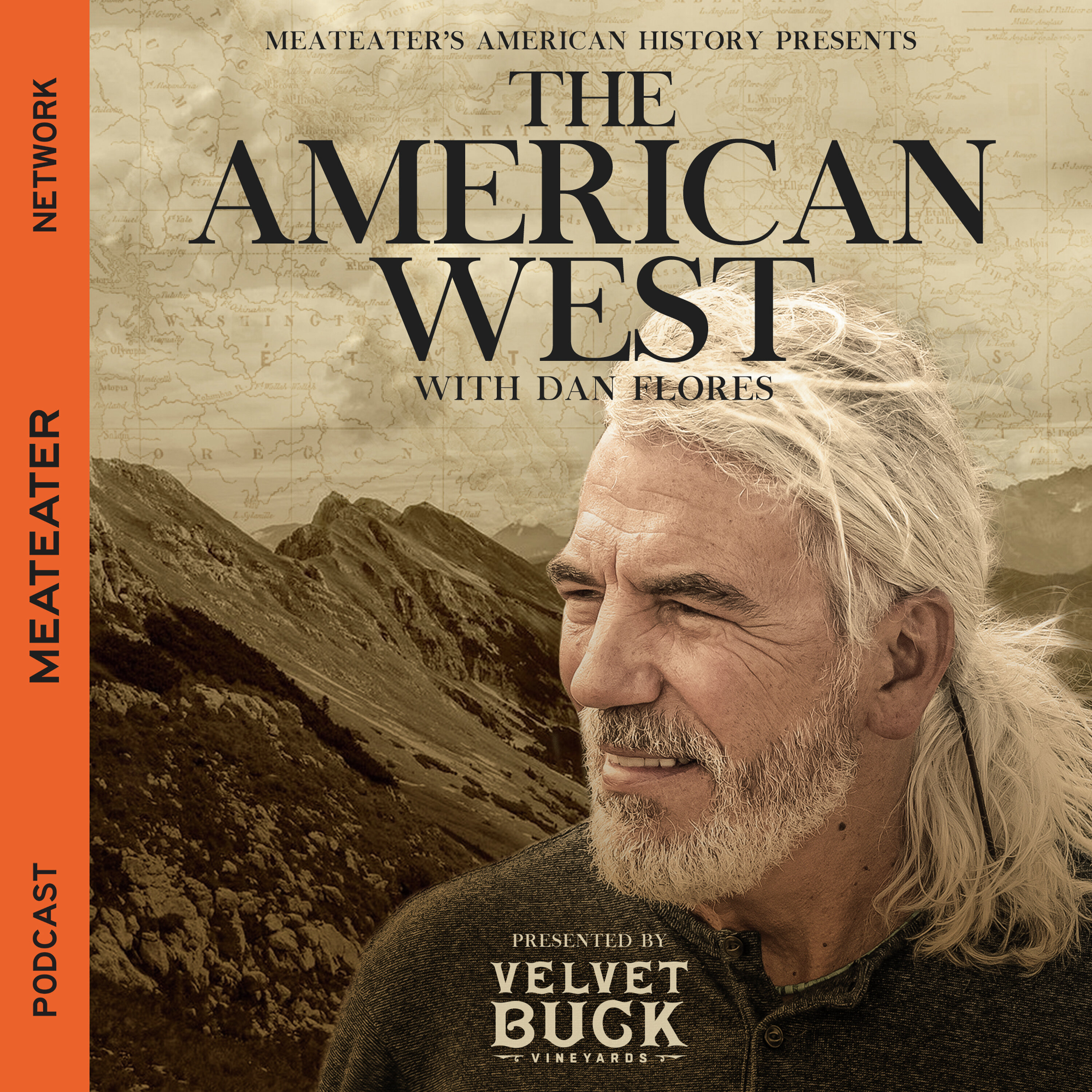
The American West fascinates people from around the world, but there are many different kinds of iconic western stories. Author Dan Flores has spent a career writing about what he calls the Natural West, stories about nature, animals, and people that span thousands of years of time in the western half of America. Although we reflexively think of history in America as new, this first episode emphasizes the West's true age by focusing on the great Chacoan Empire of a thousand years ago and what happened among its refugees in the Southwest in the wake of Chaco’s collapse from environmental causes. Thank you to our sponsor Velvet Buck. Subscribe now wherever you listen to podcasts. YouTube, Spotify, Apple, iHeart, Pandora, Amazon. MeatEater on Instagram, Facebook, Twitter, Youtube, and Youtube Clips Check out more MeatEater's American History audio originals "The Long Hunters" and "Mountain Men" Subscribe to The MeatEater Podcast Network on YouTube Shop MeatEater MerchSee omnystudio.com/listener for privacy information.
No persons identified in this episode.
No transcription available yet
Help us prioritize this episode for transcription by upvoting it.
Popular episodes get transcribed faster